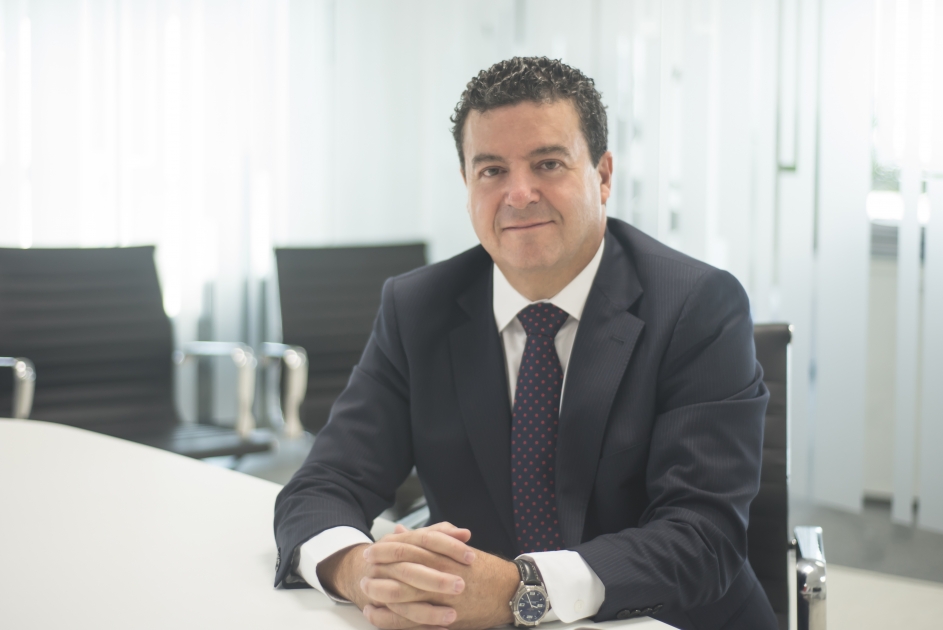
ACCIONA DEVELOPING AUTONOMOUS VEHICLES FOR UNDERWATER WORK WITHIN THE SWARMS EUROPEAN R&D PROGRAMME
- These autonomous vehicles will be able to perform complex review and repair operations on underwater structures (ports, rigs, offshore wind turbines, etc.) without human intervention
- They will contribute to minimising the environmental impact of dredging operations and to early detection of high concentrations of pollutants
- The first trials were conducted in the Canary Islands, Norway and Romania
The SWARMs European project, of which ACCIONA is a member, is developing vehicles capable of performing complex tasks in underwater environments autonomously, i.e. without the need for human intervention, using Artificial Intelligence.
The use of this type of underwater autonomous vehicles will reduce the risks associated with the construction and repair of offshore structures, work currently performed and monitored by divers. They can be used for repairs in ports, offshore platforms, offshore wind turbines, etc.
They can also be used to measure and monitor levels of suspended materials as a result of dredging operations and to measure the concentration of suspended solids in water.
These vehicles can work together in groups (or swarms, hence the project name), communicating via acoustic modems, dispensing with the need for cables or human controllers.
Jesús Sancho, Middle East Managing Director for ACCIONA says: ‘We are living in Dubai, one of the most modern and innovative cities in the world so I am sure that a lot of the projects that are actually being carried out in our city and those that are yet to come, will be able to benefit of the latest technology using theses autonomous vehicles in which ACCIONA actively participates’.
The project budget is €17 million. It involves 30 companies, universities and technology institutes from ten European countries (Spain, Germany, France, Portugal, Norway, Sweden, Netherlands, Romania, Turkey, Italy); apart from ACCIONA, participants include multinationals from different industries (Leonardo, Thales, Bosch, Boskalis, Tecnalia, ...) and universities such as Madrid Technical University, the Norwegian University of Science and Technology, Mälardalen University Sweden and Aveiro University.
The technology has been tested in three use cases in Spain, Romania and Norway. The first tests were carried out at the PLOCAN marine laboratory (executed by ACCIONA) in Gran Canaria, where the validity of the technology was verified in terms of both robotics and telecommunications. In the Black Sea, in Romania, it was used to measure the concentration of sulphuric acid in water; the trial in Trondheim Fjord, in Norway, consisted of tracking a freshwater plume in the sea.
The project also includes designing a video-game-like user interface designed to enable vehicles to be managed without the need for specific training in robotics.
ACCIONA is a leading supplier of sustainable infrastructure solutions and renewable energy projects worldwide. Its range of services covers the entire design, construction, operation and maintenance value chain. The company posted turnover of €7,254 million in 2017; it has a presence in more than 40 countries and carries out its activities within a commitment to contribute to the economic and social development of the communities where it operates. ACCIONA's aim is to lead the transition to a low-carbon economy, by applying criteria of quality and innovation processes to all its projects with a view to achieving efficient use of resources and caring for the environment. www.acciona.com

























